
Master Ngo Sau, former Vice Principal of Dak Lak Provincial Political School, Secretary of the Party Cell of Residential Group 8A, Tan Lap Ward (Dak Lak Province), said that the theme of the 14th National Party Congress was correctly determined, clearly demonstrating the ideology, vision, goals and political determination of the entire Party, people and army in the new era. According to him, the theme of the Congress clearly demonstrated the spirit of independence, self-reliance, self-strengthening and the aspiration to develop a prosperous and happy country; combining national strength with the strength of the times to build socialism. In which, the strength of human resources, material resources, financial resources... is the main strength that determines the construction of the country.
The new highlight of the theme is to highlight the era of the nation's rise for the goal of " Peace , independence, nation, democracy, wealth, prosperity, civilization, happiness, and steady progress towards socialism". This is a continuation of the spirit of President Ho Chi Minh's Testament on the goal of building a peaceful, unified, independent, democratic and prosperous Vietnam; at the same time, it demonstrates the spirit of inheriting and developing the goal of "Rich people, strong country, democracy, fairness, civilization" in the context of the country entering a new era of development with a new vision and development thinking, highly appealing and strongly inspiring.
Sharing the same belief and expectation, Ms. H'Da Ne Byă, Secretary of the Buon Don Party Cell, Buon Don border commune (Dak Lak province) emphasized that the people's belief is a great strength to help the country overcome difficulties and move forward steadily. Therefore, in the next term, it is necessary to continue to maintain discipline, promote democracy, innovation, and arouse the aspiration to develop a prosperous and happy country as the spirit of the draft documents of the 14th National Congress has proposed. At the same time, she hopes that the Party's guidelines and policies will soon be concretized into a regional development program.
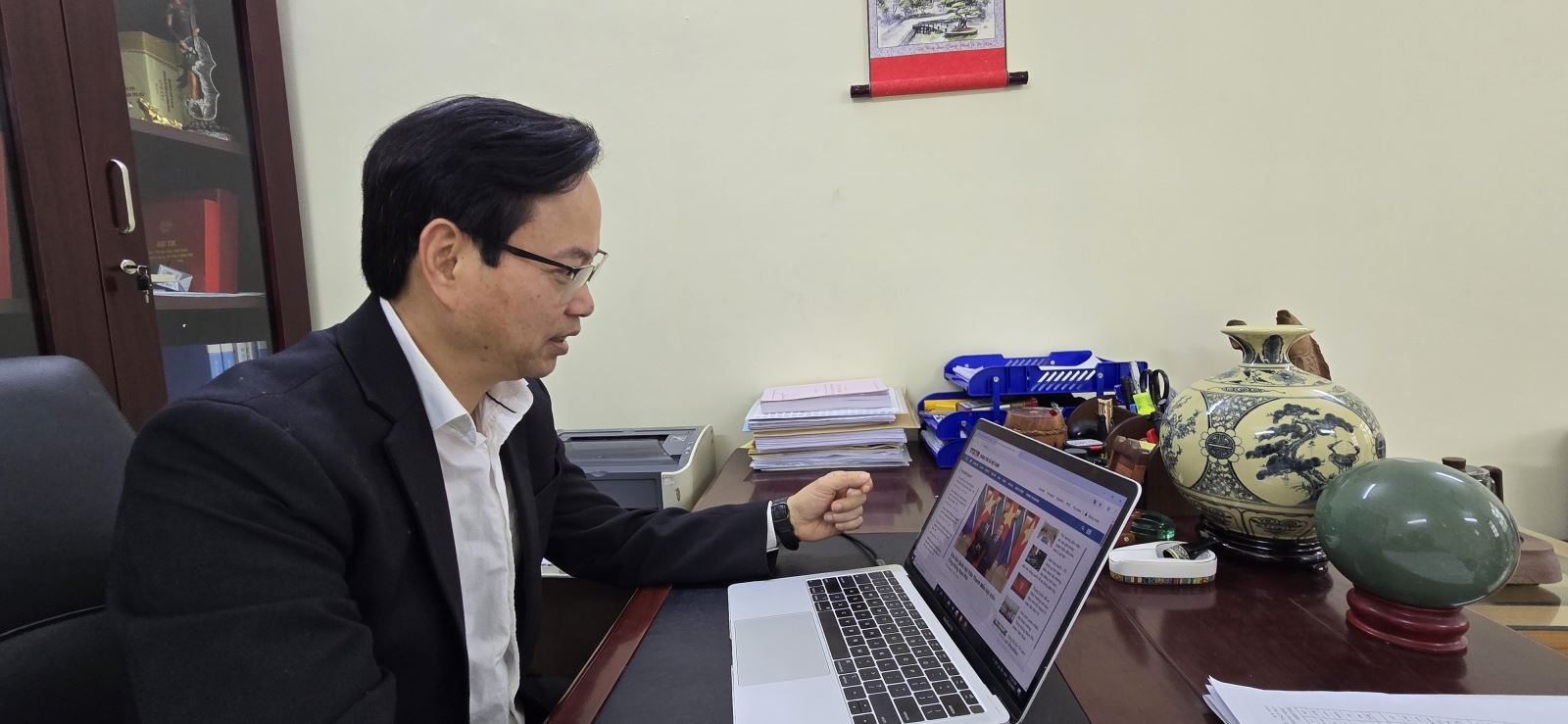
For his part, Dr. Nguyen Dinh Hoang, Head of the Party Building Department, To Hieu Political School, Hai Phong, said that the draft Political Report demonstrates a profound and comprehensive vision, inheriting and developing the results of the previous term. The draft clearly identifies the work of Party building and rectification as a key task, of decisive significance for the country's sustainable development and strengthening the people's trust. The draft also emphasizes that improving the Party's leadership capacity and fighting strength is a decisive factor to ensure the Party's comprehensive and unified leadership in all aspects and areas of social life.
The content of "Continuing to promote the building and rectification of a clean and strong Party in all aspects; improving the leadership, governing capacity and fighting strength of the Party" focuses on a number of issues such as: promoting Party building in terms of ideology and theory; strengthening Party building in terms of ethics; ensuring the operations of agencies and organizations in the political system to be effective, efficient and effective, and improving the quality of service to the people. Regarding this content, Dr. Nguyen Dinh Hoang suggested that the draft needs to clarify further the mechanisms to ensure the Party's comprehensive leadership role in the context of innovation, integration, digital transformation and deep international integration.
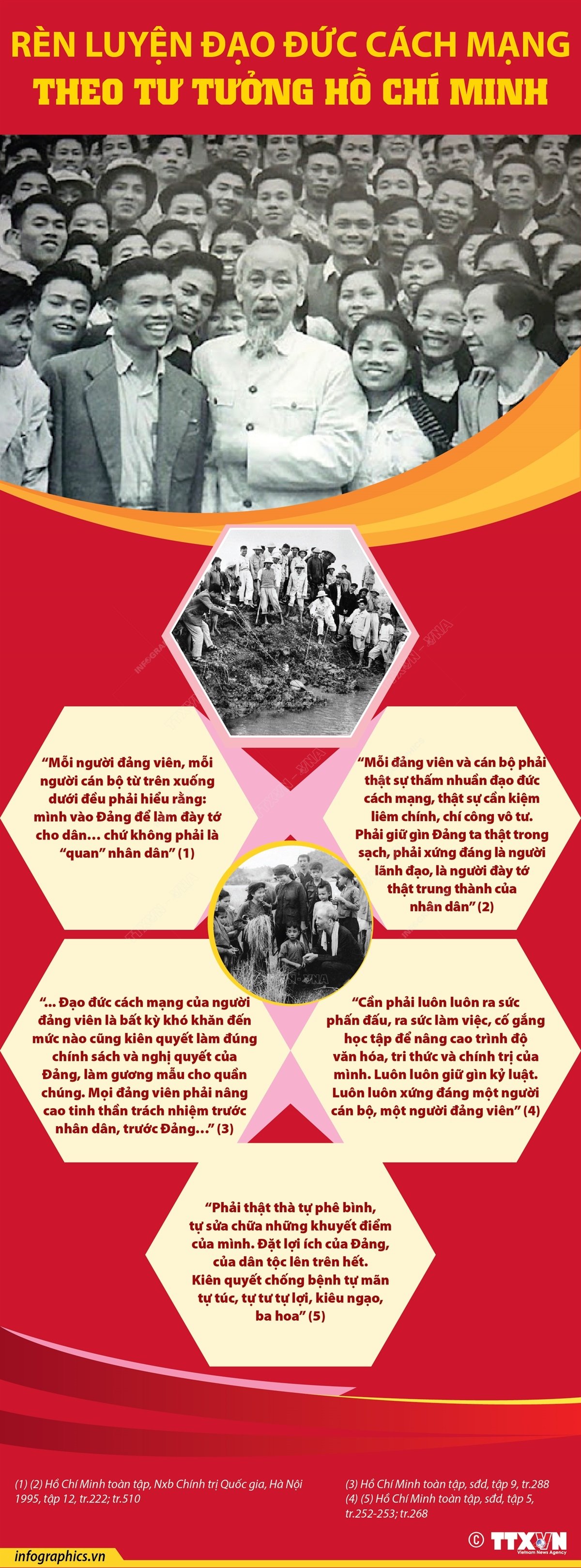
Among the 18 new issues raised in the draft documents, Mr. Vu Hong Thai, former Standing Deputy Secretary of the Thai Binh City Party Committee (now Hung Yen province) most appreciated the viewpoint on the Party building policy with the content stated in the draft Political Report "Strengthening the building, rectification, and self-renewal so that our Party is truly ethical and civilized". This is new content, the first time the policy of building a civilized Party is identified as a strategic task, demonstrating the inheritance of theoretical ideology, deeply imbued with the viewpoint of President Ho Chi Minh "Our Party is ethical and civilized" along with the reality and development requirements in the current period.
According to Mr. Vu Hong Thai, in recent times, with the highest political determination and the spirit of "self-reflection, self-correction, criticism and self-criticism", "no forbidden areas, no exceptions", the work of Party building and rectification has been promoted comprehensively, synchronously and drastically, achieving many important results. Corruption and negativity have been prevented and pushed back; contributing to improving the Party's capacity and fighting strength, consolidating people's trust in the Party. In particular, the revolution of streamlining the apparatus towards "efficiency, effectiveness and efficiency" has been carried out resolutely and synchronously in recent times with the spirit of "running and lining up at the same time" is a very high political determination of the Party, demonstrating the innovation of leadership methods, improving the Party's capacity and fighting strength, and at the same time creating a solid driving force and premise for our Party to continue building the Party, building an increasingly ethical and civilized organization, apparatus and cadres.
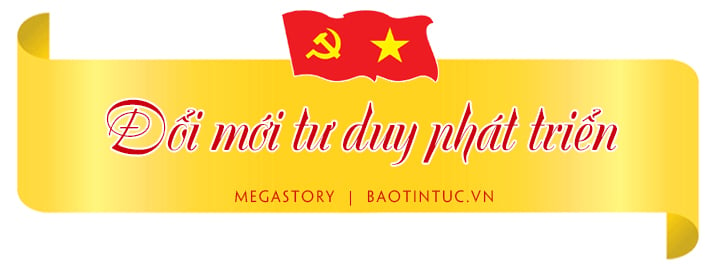
Studying the draft documents of the 14th National Congress, Professor, Dr. Tran Ngoc Duong, former Deputy Head of the National Assembly Office, was most impressed by the content of "continuing to innovate development thinking" of the Party. The draft document has fully, comprehensively and deeply expressed the issue of continuing to innovate development thinking in the new context of the world and the country, demonstrating strong political determination in continuing to innovate thinking and development to help the country overcome difficulties and challenges, take advantage of new opportunities to turn the country into a developing country with an upper middle income by 2030 and a developed country with a high income by 2045.
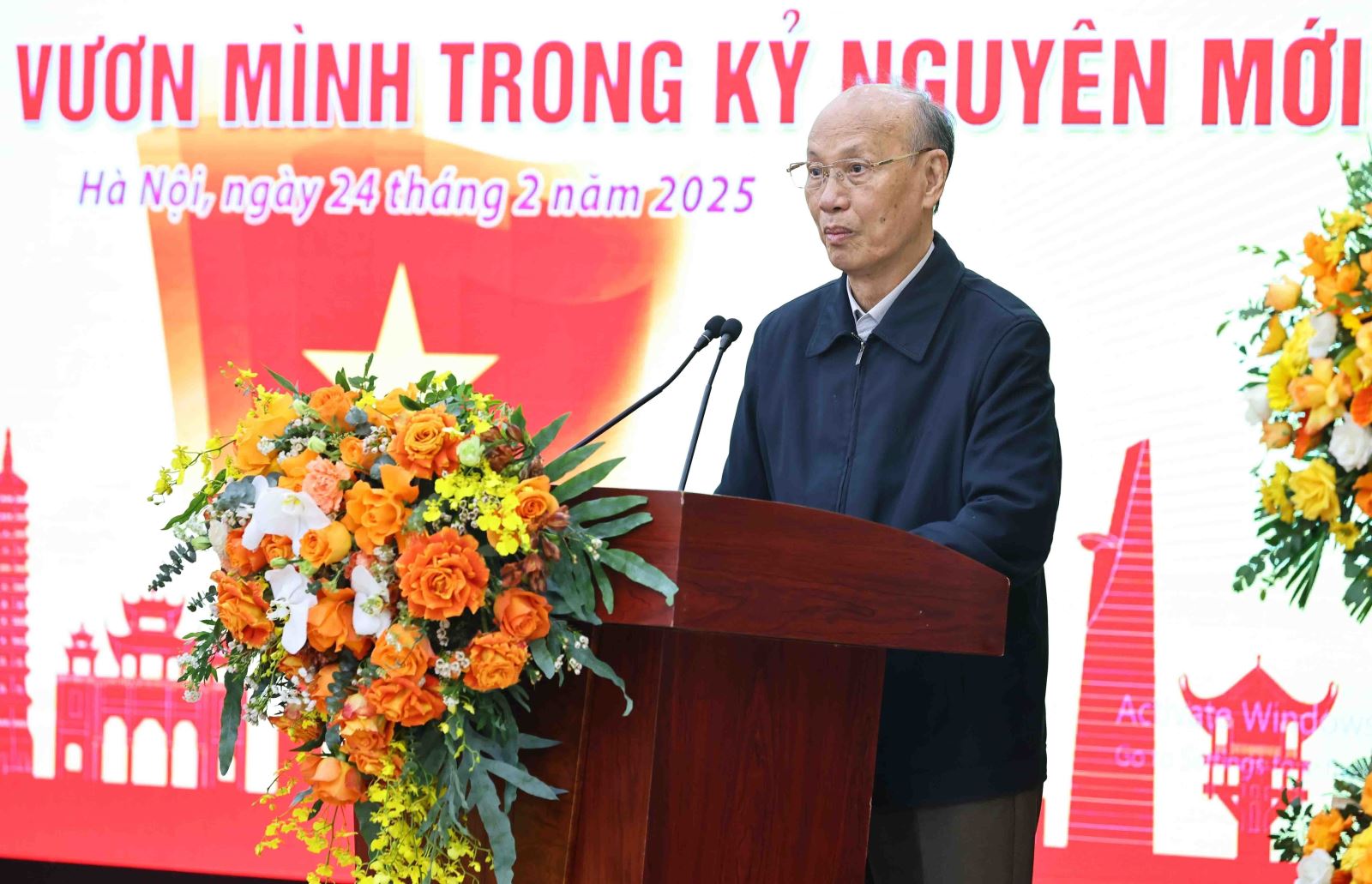
According to Mr. Tran Ngoc Duong, in the new era, the issue of continuing to innovate development thinking needs to be expressed as a major viewpoint in the draft document, because this is a major theoretical issue that has guiding significance throughout the entire content of the draft Political Report. At the same time, it is necessary to clarify the content and specific issues of "continuing to innovate development" such as: From the management thinking of "commands and authority" to "creation and service"; from the thinking of "centralization" to "decentralization and delegation of power" to localities; from the thinking of "pure" economic development to "sustainable, inclusive"; from the thinking of evaluating by "quantity" to evaluating by "quality"... In the draft document, it is necessary to more clearly define the development thinking in the new era as a thinking of creation, initiative, adaptation and creativity, replacing the administrative thinking, command, authority, dependence and passivity; is a continuous and ongoing requirement, not a one-time task.
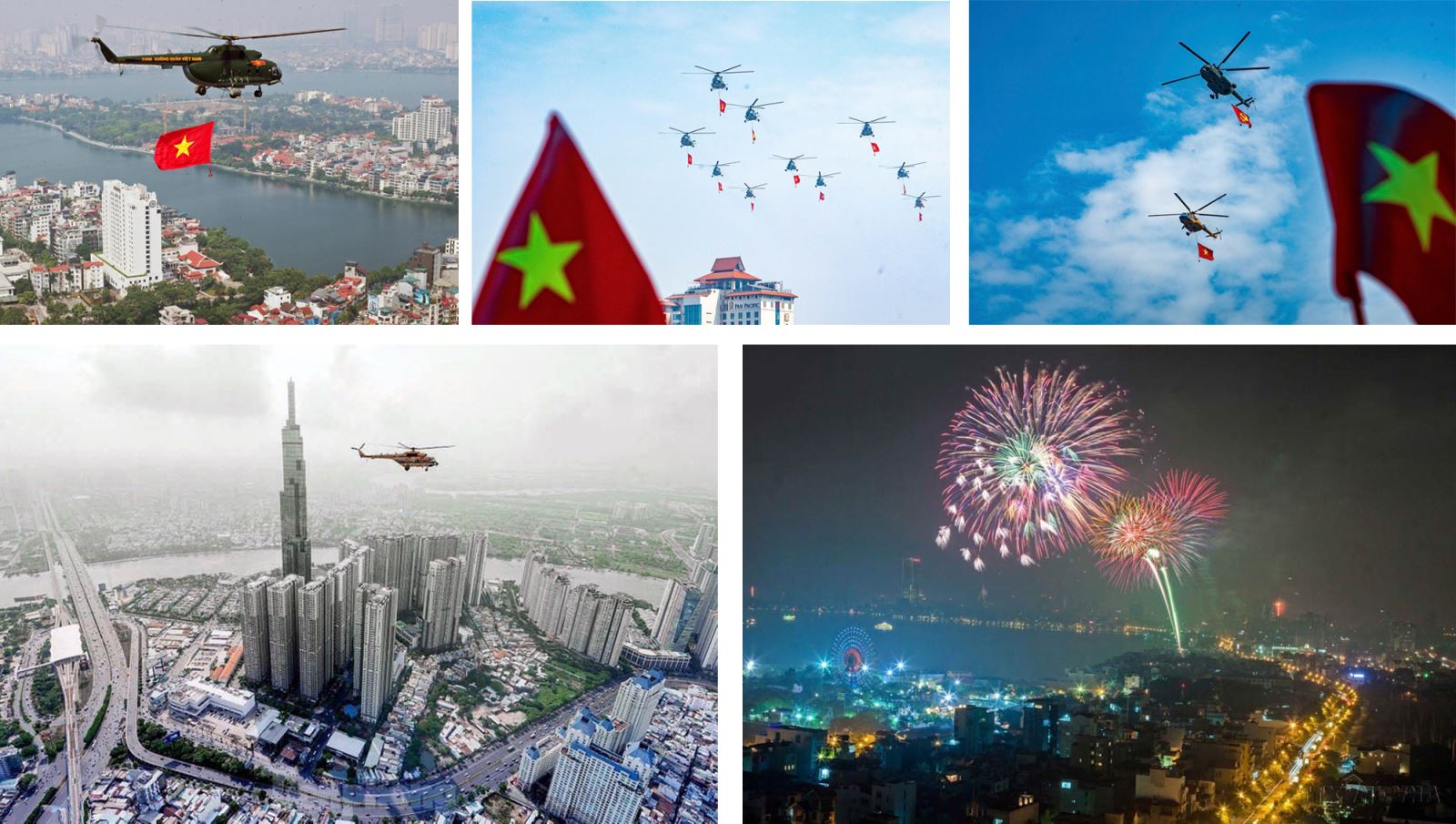
Meanwhile, Associate Professor, Dr. Pham Thi Hong Diep, Deputy Head of the Faculty of Political Economy, University of Economics, Vietnam National University, Hanoi, said that the policy of "continuing to build and perfect comprehensively and synchronously the institution for rapid and sustainable development of the country; in which the political institution is the key, the economic institution is the focus, other institutions are very important" in the draft Political Report demonstrates the Party's strategic vision in the transition period to a new era of development - the era of digital economy, green economy and deep international integration. First of all, this is the inheritance and development of institutional innovation thinking that has been formed through many Congresses. While previous Congresses focused on perfecting the socialist-oriented market economic institution, this draft Political Report broadens the vision, considering the development institution as a comprehensive, interconnected system between political, economic and social institutions, ensuring the harmonious operation of the entire socio-economic system. This policy affirms the decisive role of institutions in rapid and sustainable development.
Domestic and international practices show that countries with transparent and dynamic institutions capable of promoting innovation and protecting the legitimate rights of economic entities have higher productivity and competitiveness. Identifying political institutions as key demonstrates the need to strengthen leadership capacity and ensure political stability - the foundation of development; while placing economic institutions as the focus affirms that the economy is the pillar that creates material resources for development. This policy also demonstrates the thinking of "institution-based development" - considering institutions not only as management tools, but also as development drivers, ensuring economic growth goes hand in hand with social progress and environmental protection. This is a new development in the Party's thinking, in line with modern governance trends and the goal of making Vietnam a developed, high-income country by 2045.
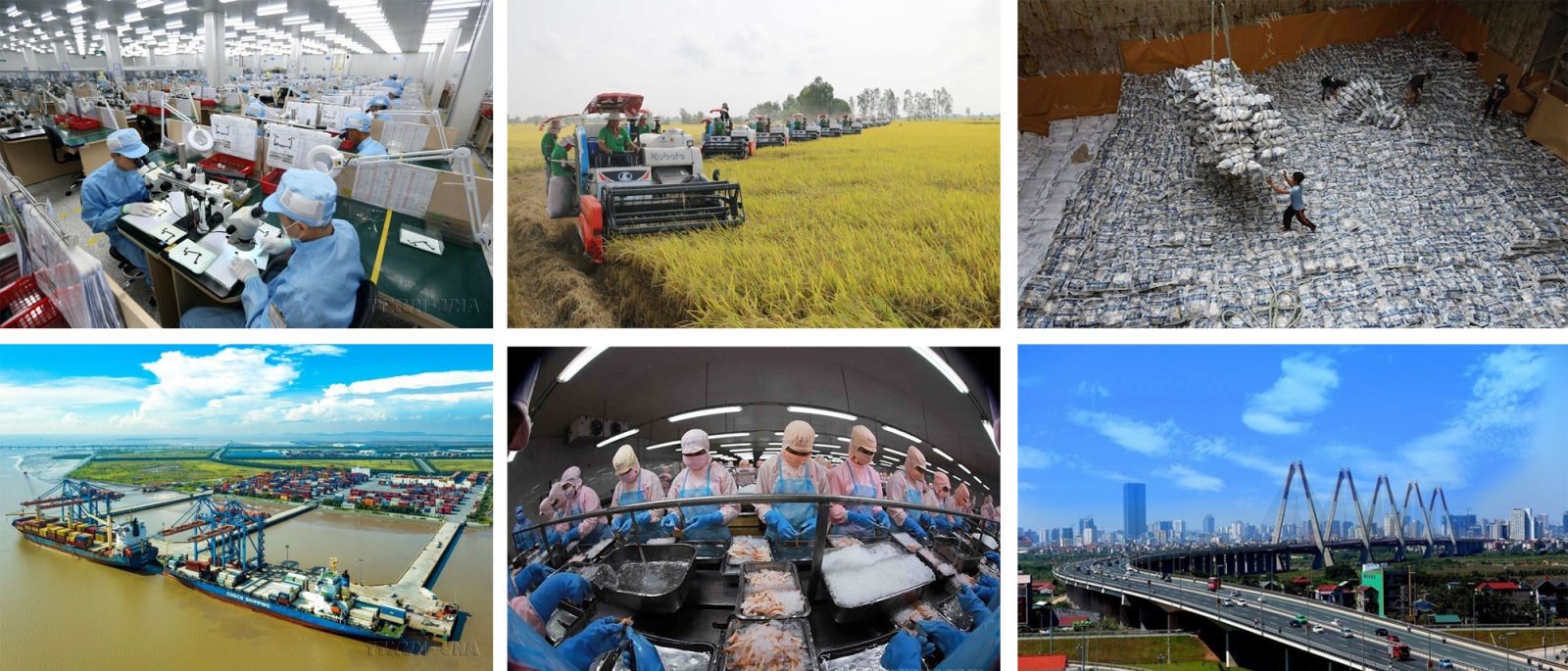
According to Associate Professor Dr. Pham Thi Hong Diep, the institutional model that Vietnam needs to aim for in the new period is a creative - digital - green - knowledge - decentralized institution; in which the State plays the role of orientation and creation, the market is the center, enterprises are the subject of innovation and people are the center of development. This is the foundation for Vietnam to break through, catch up with the trend of the times and firmly enter the era of green, digital and knowledge development.
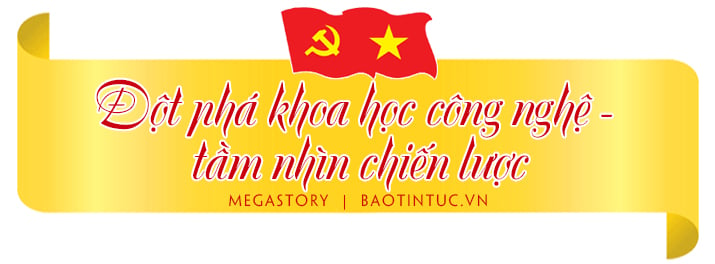
Commenting on the draft documents of the 14th National Party Congress, Professor, Dr. Vo Xuan Vinh (Director of the Institute of Business Research, Ho Chi Minh University of Economics) said that Resolution No. 57-NQ/TW, dated December 22, 2024 of the Politburo on "breakthrough in science and technology development, innovation and national digital transformation" is considered a strategic orientation to improve labor productivity and create momentum for sustainable, long-term growth. The combination of scientific research, technology application and policies to support innovative enterprises not only promotes growth, but also helps Vietnam improve its position in the global value chain, gradually approaching developed economies.
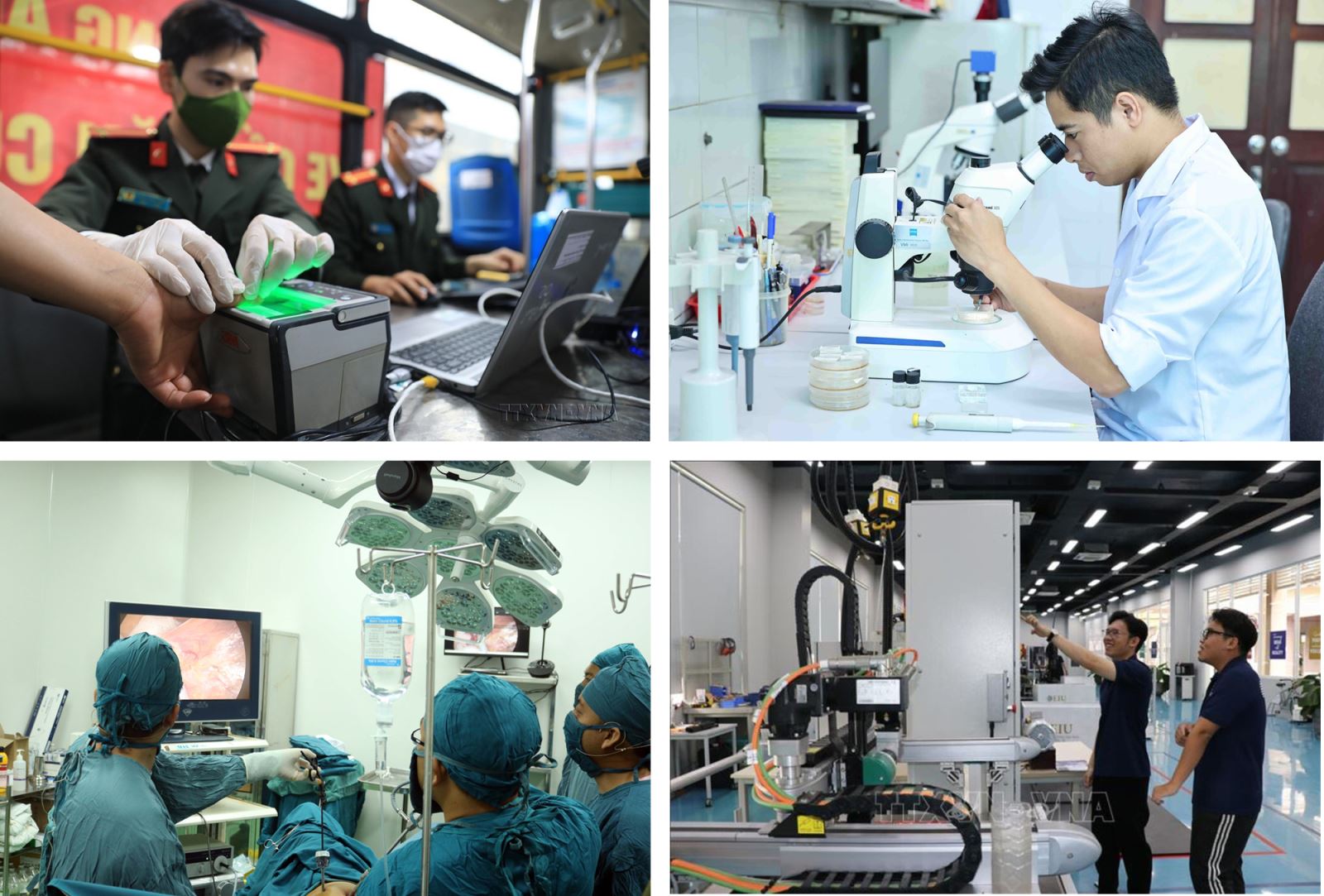
Prof. Dr. Vo Xuan Vinh cited that in 2024, Vietnam's GDP growth reached 7.09% and in the first 6 months of 2025, it increased by 7.52% compared to the same period in 2024. This is the strongest increase in the past 15 years. In particular, the digital economy is becoming an important driving force, accounting for 18.3% of GDP, with a growth rate of more than 20% per year, the highest in Southeast Asia. The strong development of e-commerce is also a clear demonstration of the digitalization of the economy with a market of over 25 billion USD, accounting for 9% of total retail sales of goods and consumer service revenue. Along with that, Vietnam's digital transformation process has made clear progress, demonstrated by the fact that our country ranked 71/193 countries on the United Nations e-Government rankings. According to Prof. Dr. Vo Xuan Vinh, this affirms the Government's efforts and effectiveness in applying technology to management and operation. Thanks to that, the size of the digital economic market is expected to reach 45 - 50 billion USD by 2025 and may reach 90 - 200 billion USD by 2030, demonstrating outstanding growth potential.
Also agreeing with the Party's viewpoint of taking science and technology as the focus to renew traditional growth drivers, Mr. Phuong Dinh Anh, Deputy Head of the Central Office for New Rural Development Coordination (Ministry of Agriculture and Environment) affirmed that this demonstrates the Party's strategic vision in the era of digital economy and global integration. The strong application of high technology, digital transformation, green economy, and circular economy not only helps to innovate the growth model in depth but also contributes to promoting sustainable development and improving people's lives. This is a shift from growth based on "width" to development based on knowledge, innovation and high added value.
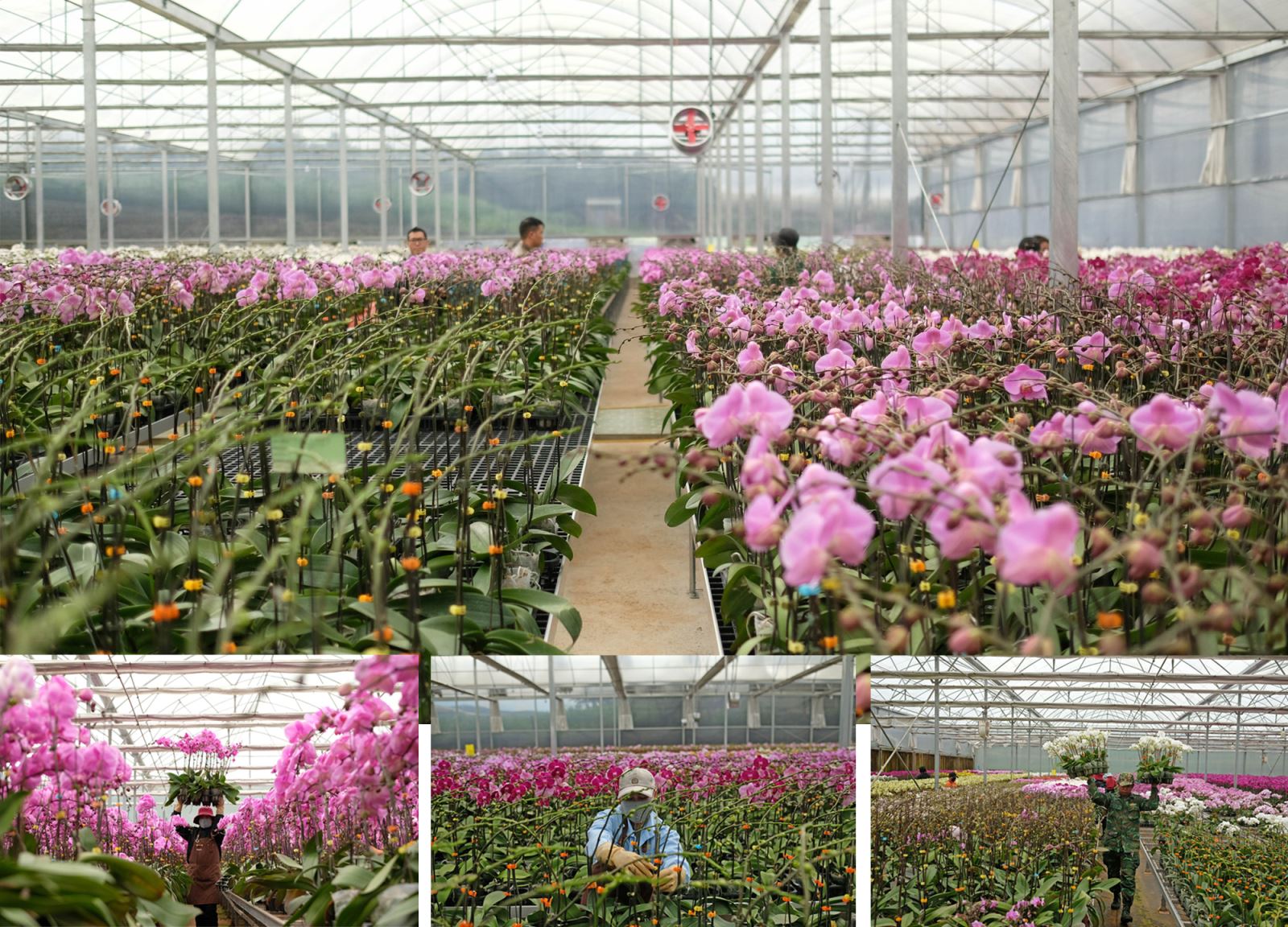
Mr. Phuong Dinh Anh affirmed: “The application of high technology helps farmers manage crops, plant varieties, and livestock accurately, reduce costs, and increase income. Digital transformation in management and operation helps local authorities to be transparent, fast, and serve people better. In particular, e-commerce and digital platforms have become the “door” to help rural agricultural products reach further, connecting directly with domestic and foreign markets. It can be said that science and technology and digital transformation are the key to modernizing agriculture, developing a sustainable rural economy, and improving people's lives - thereby realizing the goal of building a smart, civilized, and prosperous new countryside.”
Representative of the Institute of Strategy, Academy of Science and Technology Strategy, Secretary Tran Minh Tan commented: For the field of science, technology, innovation and digital transformation, it is necessary to continue to perfect the draft to clarify the main viewpoint: "Breakthroughs in science, technology, innovation and digital transformation must aim at the ultimate goal of socio-economic development, contributing to increasing national competitiveness, becoming the main driving force for the development of new productive forces". On that basis, it is recommended that the Draft Document Editorial Team research, review, add some detailed contents and clarify the role of science, technology, innovation and digital transformation in contributing to increasing national competitiveness, contributing to socio-economic development, ensuring national defense and security, and improving the quality of people's lives. Demonstrate consistency in guiding ideology, synchronization in goals, tasks, solutions, and implementation mechanisms, as well as facilitate the dissemination, deployment, and supervision of the implementation of the Resolution and action program of the Central Executive Committee after the Congress.
Technological breakthroughs and sustainable development:

In the draft document, the awareness of the role of culture and the goal of building a culture in the renovation period are constantly supplemented, improved, and developed to a new level. According to party member Vu Duc Hoang (Bu Dang commune, Dong Nai province), one of the new points is that culture is established on par with economics, politics, and society. The draft has expressed a comprehensive, profound, and groundbreaking viewpoint, and for the first time, the Party has emphasized a systematic and synchronous value system framework when stating: "Building and developing an advanced Vietnamese culture, imbued with national identity, synchronous on the foundation of the national value system, cultural value system, family value system, and Vietnamese human standards".
Party member Vu Duc Hoang emphasized that the draft pointed out the need to strongly arouse the spirit of patriotism, self-reliance, self-confidence, self-reliance, national pride, the aspiration to build a prosperous, civilized, and happy country; effectively promote the cultural values and spirit of dedication of the Vietnamese people, so that culture can truly become an endogenous strength, a driving force and a regulatory system for national development. This shows that people are both the subject, the driving force and the implementer of this issue.

According to Ms. Tran Thi Hoang Mai, Director of the Department of Culture, Sports and Tourism of Hai Phong, the draft document clearly shows that culture is considered the spiritual foundation of society, the endogenous strength and driving force for national development. However, in the new context, it is necessary to expand the vision of "national cultural capacity", that is, the ability of each locality, industry and community in creating, managing and spreading cultural values. Vietnam not only preserves heritage but also needs to proactively produce, create and export cultural products, participating more deeply in the world cultural flow. Ms. Mai suggested that the Central Government soon have a strategy for developing national cultural capacity for the period 2025 - 2045, focusing on digital transformation in the cultural field, building a database of heritage, art, artisans and forming regional cultural creativity centers. The draft also needs to clarify specific policy mechanisms to promote cultural industries, build creative ecosystems associated with public spaces, urban areas, and seaports; encourage businesses to invest in the production of cultural and artistic products, designs, video games, souvenirs, etc.

Sharing about this issue, Mr. Van Cong Hung, Chairman of the Vietnam Journalists Association of Dong Thap province, said that in order to arouse the aspiration for national development, our Party pays special attention to promoting cultural values, building human qualities and personality. Developing culture for the perfection of human personality and in building culture, the focus is on taking care of building people with good personality and lifestyle with the basic characteristics of patriotism, humanity, loyalty, honesty, solidarity, diligence, and creativity.
From there, to comprehensively develop Vietnamese culture and people to truly become a strategic breakthrough, Mr. Hung said that the document needs to address the issue of deeply integrating the system of national values, culture, family and Vietnamese human standards into the general education program, mass media activities, especially grassroots movements. The document needs to address the work of caring for the cultural elite as well as promoting the role of cultural creation as intellectuals, artists, etc. To do this, there needs to be policies to promote talents in the field of culture and arts, encourage creativity, and protect copyright.

Mr. Nguyen Van Hoa, Deputy Director of the Department of Culture, Sports and Tourism of Tuyen Quang province, said that an issue that needs special attention is to preserve and promote the traditional cultural identity of ethnic groups. Therefore, he suggested that the Party and the State pay more attention to policies on preferential treatment and honoring artisans, those who are day and night preserving and teaching national cultural values; promote traditional cultural education in schools; encourage the formation of community cultural living spaces, helping heritage to "live" in today's life; focus on preserving, exploiting and strongly promoting the values of cultural heritage; prioritize investment resources to preserve ethnic minority cultural villages associated with tourism development; restore and embellish revolutionary historical relics; promote digital transformation in cultural management and promotion. Cultural development is not only about preserving heritage, but also about creating soft power, an important spiritual resource to promote tourism and local economic development. This is also the content that needs to continue to be emphasized and specified in the documents submitted to the 14th National Party Congress, so that culture can truly become a driving force for human and national development in the new era.
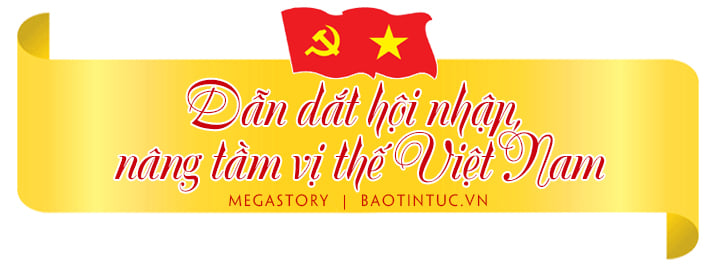
A new milestone in thinking is taking shape when the draft document of the 14th Party Congress proposes to put “foreign affairs and international integration” on par with national defense and security. This is not just a technical adjustment, but an important shift in strategic vision, reflecting Vietnam’s proactive and self-reliant spirit in the face of a volatile global order.
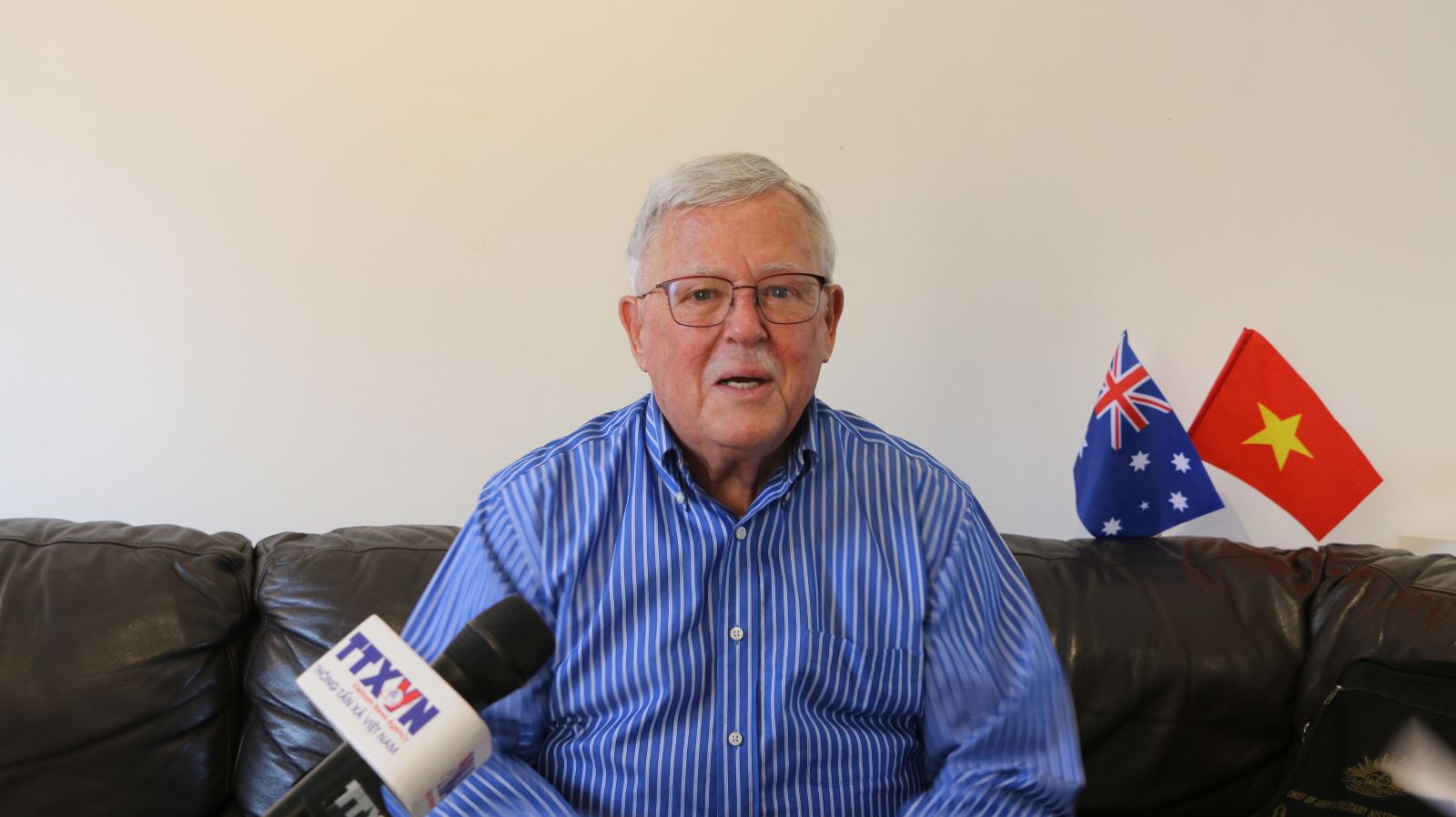
Professor Carl Thayer, a Vietnam expert at the Australian Defense Force Academy, University of New South Wales, assessed that Vietnam has become a positive factor in the regional structure, with a strategy of multilateralization, diversification of partnerships and the ability to "confidently promote multilateralism" in a complex geopolitical context. Vietnam has made clear and decisive changes when gradually building its role and position in the international arena through opening up its economy, joining the Association of Southeast Asian Nations (ASEAN), the Asia-Pacific Economic Cooperation Forum (APEC), the World Trade Organization (WTO), signing bilateral free trade agreements, etc.
From an implementation perspective, ADB Country Director for Vietnam Shantanu Chakraborty said that Vietnam has made significant progress in international integration, integrating more deeply into regional and global production networks. This is reflected in vibrant trade activities, significantly boosted by improvements in export-oriented industrial production. The draft document that puts “foreign affairs, international integration” on par with “defense and security” is a turning point in thinking: When integration becomes a pillar, all strategies - from science, technology, digital economy, green transformation to culture - must integrate foreign affairs right from the design stage. The goal is not to stop at the role of “production - export base”, but to move towards positioning Vietnam as a regional innovation, finance, and technology center, making a substantial contribution to peace, cooperation, and sustainable development.
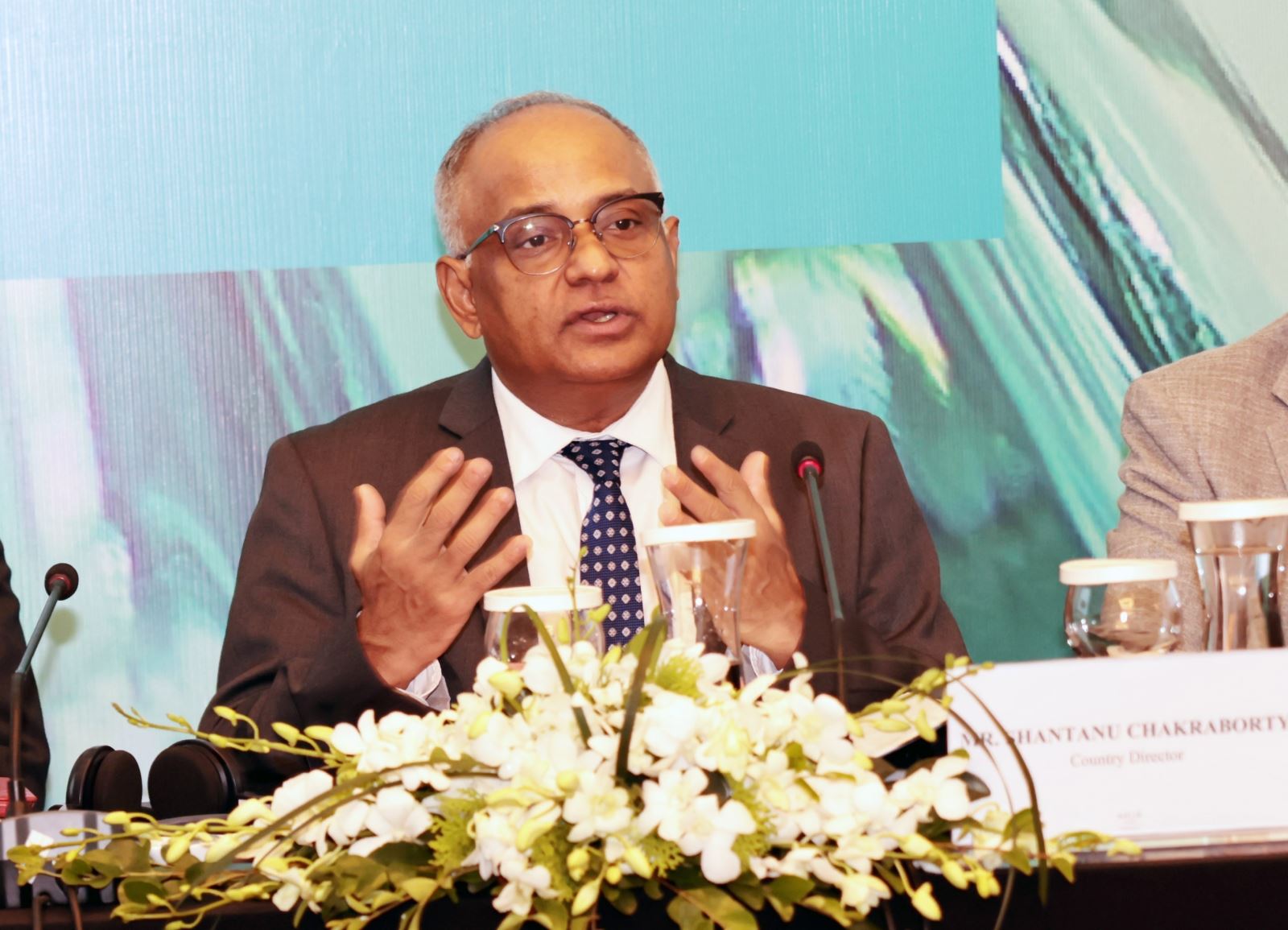
However, to transform “integration” into “creation” and to place integration on par with defense and security as a strategic pillar, a series of prerequisites must be met. Therefore, Resolution 59-NQ/TW dated January 24, 2025 is considered a step to realize the Party's orientation, in which “foreign affairs and international integration” is identified as one of the new strategic “tripods”. Associate Professor Nguyen Dang Bang of the Judge School of Business Management at the University of Cambridge (UK) assessed that Resolution 59-NQ/TW, under the leadership of General Secretary To Lam, is a breakthrough decision, marking a historic turning point in Vietnam's international integration. According to him, Vietnamese leaders have correctly recognized the importance of positioning integration in an open, increasingly multipolar and potentially volatile world.
Contributing ideas to further promote the effectiveness of the Resolution, Associate Professor Nguyen Dang Bang said that first of all, Vietnam needs to organize the implementation methodically and closely, with breakthroughs in human resources and retraining of officials. Along with that, Vietnam needs to persevere in a balanced policy, not choose sides, maintain good relations with all countries, keep peace and stability for development. Integration must be substantive, based on economy and trade, focusing on maintaining and improving its position in the global supply chain. Vietnam, therefore, needs to develop key industries based on high technology such as semiconductors and artificial intelligence (AI), thereby optimizing existing foreign relations and creating competitive advantages at the global level.
Entering a new era, establishing international integration as a strategic pillar on par with national defense and security is a timely development choice with a long-term vision: shifting from "beneficiary" to "creator", from "follower" to "accompanying and leading" in areas where Vietnam has advantages; thereby, gradually positioning the country's new position on the global map.
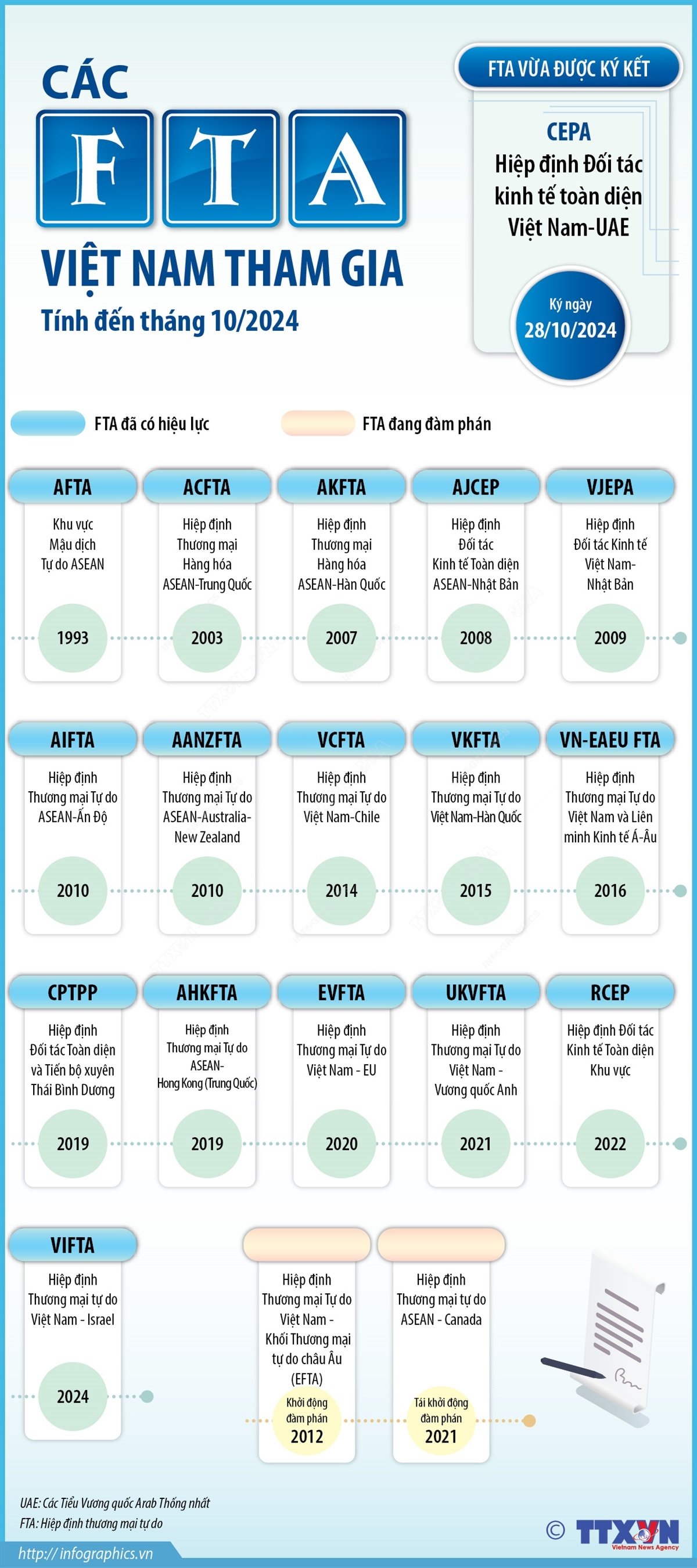

The Draft Political Report has emphasized and clearly stated the importance of the role of the subject, the central position, and the people's mastery, and affirmed one of the five important lessons: Thoroughly grasp and thoroughly practice the viewpoint "People are the root". All policies and strategies must truly originate from the aspirations, rights, legitimate and legal interests and happiness of the people; persistently implement the motto "people know, people discuss, people do, people inspect, people supervise, people enjoy". Take the satisfaction, trust of the people, businesses and work efficiency as criteria for evaluating cadres, from there, set out directions and tasks for the new term, promote the people's mastery in all areas of social life. Have appropriate, favorable and trustworthy mechanisms for people to participate in giving opinions in the process of formulating guidelines and policies, deciding on major and important issues of the country; Raise the responsibility of receiving, informing and explaining of Party and State agencies to the people's recommendations and proposals.
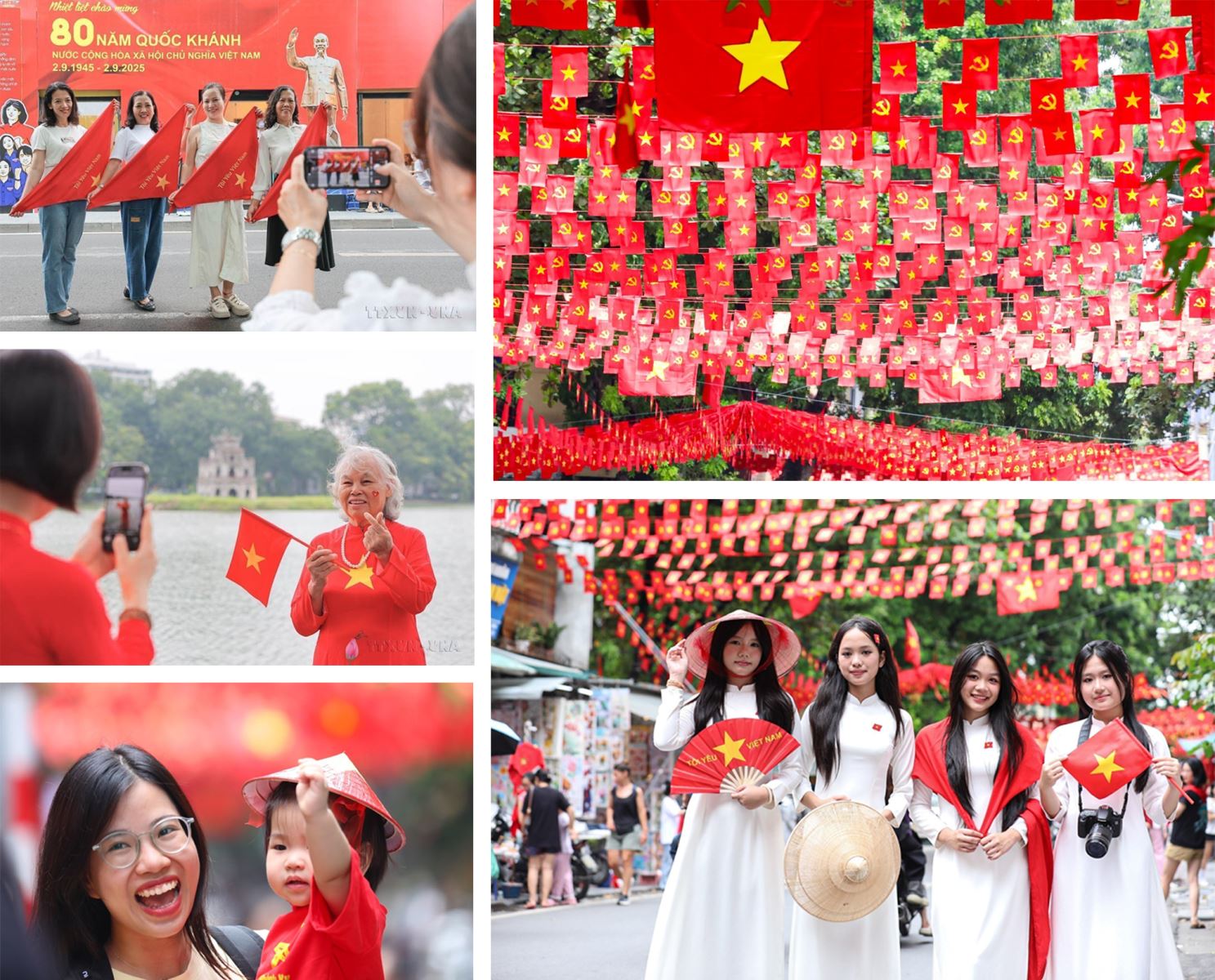
Regarding this policy, Mr. Nguyen Phi Hung, Vice Chairman of the Vietnam Fatherland Front Committee of Da Nang City, commented: “In the list of important tasks and projects to be implemented in the coming term, the draft document needs to add more content: Promoting digital transformation of social supervision and criticism work, building a national database of people's opinions and recommendations chaired by the Vietnam Fatherland Front, connecting with ministries, branches and localities; at the same time, adding tasks, summarizing and evaluating proposals to comprehensively amend and supplement the Law on Vietnam Fatherland Front 2015 to specifically define the authority, process, standards and accountability after social supervision and criticism”.
Agreeing with the viewpoint that "people are the root", people are the subject, the center of the cause of innovation, building and protecting the Fatherland; all policies and guidelines of the Party and State must truly originate from the needs, aspirations, rights and legitimate and legal interests of the people; taking happiness and satisfaction of the people as a measure and goal to strive for, Party member Nguyen Thi Thu Thanh (teacher of Dich Vong Secondary School, Cau Giay Ward, Hanoi) believes and expects that the goals, tasks and solutions set out in the draft document will be thoroughly discussed by delegates at the Congress to soon become reality".
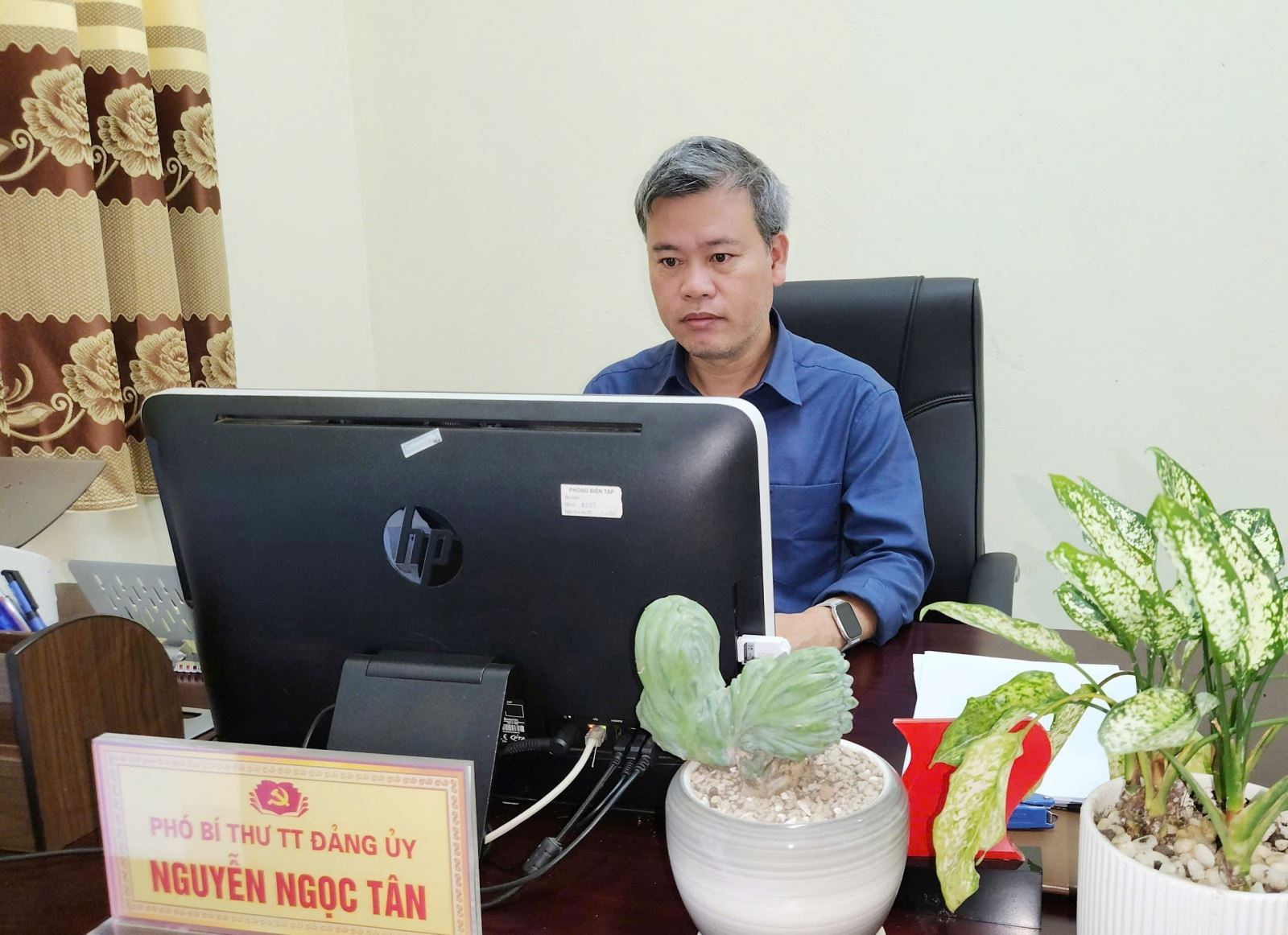
Công tác tại địa bàn vùng cao có nhiều khó khăn, ông Nguyễn Ngọc Tân, Phó Bí thư Thường trực Đảng ủy xã Co Mạ (Sơn La) bộc bạch, dự thảo các văn kiện đã thể hiện rõ tinh thần đổi mới và khát vọng vươn lên của dân tộc trong giai đoạn phát triển mới. Từ thực tế vùng cao, việc phát triển vùng đồng bào dân tộc thiểu số không chỉ là nhiệm vụ an sinh xã hội, mà còn là động lực chiến lược bảo đảm quốc phòng - an ninh và phát triển bền vững của đất nước. Chính vì vậy, các cơ quan, đơn vị cần coi việc thu hẹp khoảng cách giữa miền núi và đồng bằng là một đột phá chiến lược của giai đoạn 2026 - 2030. Ông Nguyễn Ngọc Tân kiến nghị, thời gian tới, các cấp, ngành cần tiếp tục tăng cường đào tạo nghề, phát triển hợp tác xã, liên kết sản xuất; đặc biệt ưu tiên đầu tư hạ tầng thiết yếu phục vụ sản xuất và đời sống như đường giao thông, xây dựng thêm các trạm viễn thông 4G, 5G tới các bản vùng lõm chưa có sóng điện thoại. Cần có cơ chế linh hoạt hơn trong việc triển khai các chương trình mục tiêu quốc gia, tạo điều kiện để người dân chủ động, sáng tạo trong phát triển sinh kế.
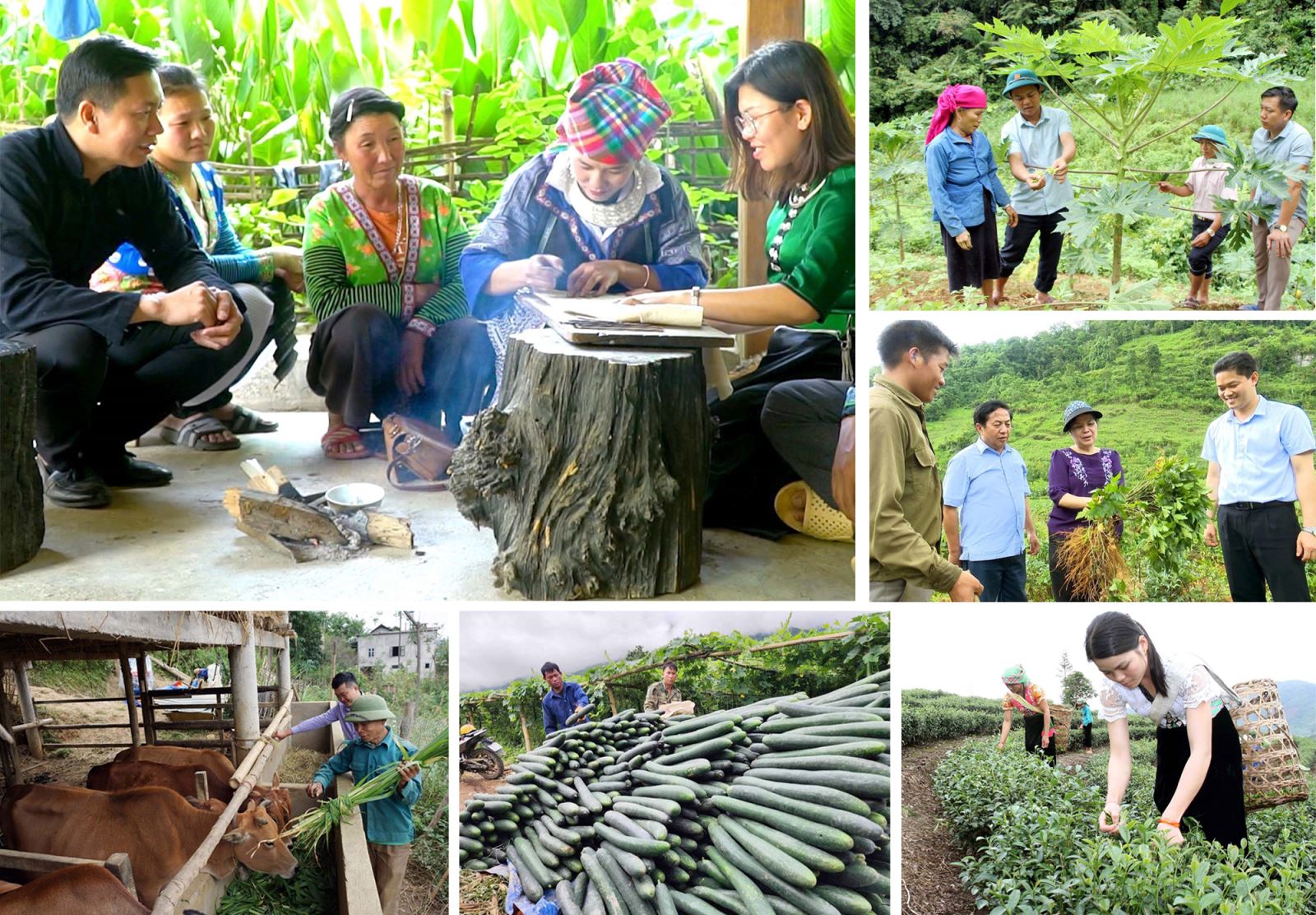
Hiện nay, cộng đồng người Việt Nam ở nước ngoài có trên 6 triệu người, sinh sống tại trên 130 quốc gia và vùng lãnh thổ, trong đó có nhiều trí thức, doanh nhân, nhà khoa học, văn nghệ sĩ thành đạt và có uy tín, luôn hướng về quê hương, Tổ quốc. Đây cũng là nguồn lực đặc biệt quý báu, là một thành phần rất quan trọng của khối đại đoàn kết toàn dân tộc, cần tiếp tục được Đảng, Nhà nước và Mặt trận Tổ quốc Việt Nam quan tâm, tập hợp và phát huy mạnh mẽ hơn nữa trong giai đoạn mới.
Tiến sĩ Phan Bích Thiện - Ủy viên Ủy ban Trung ương Mặt trận Tổ quốc Việt Nam, Chủ tịch Diễn đàn Phụ nữ Việt Nam tại châu Âu, cho rằng cộng đồng người Việt Nam ở nước ngoài và đối ngoại nhân dân, kiều bào cần được xác định là một nguồn lực chiến lược quan trọng trong hội nhập và phát triển quốc gia. Trong bối cảnh cạnh tranh địa chính trị và chuyển dịch quyền lực toàn cầu, đối ngoại nhân dân cần được xác định là một trụ cột chính thức của nền ngoại giao Việt Nam, cùng với đối ngoại Đảng và ngoại giao Nhà nước.
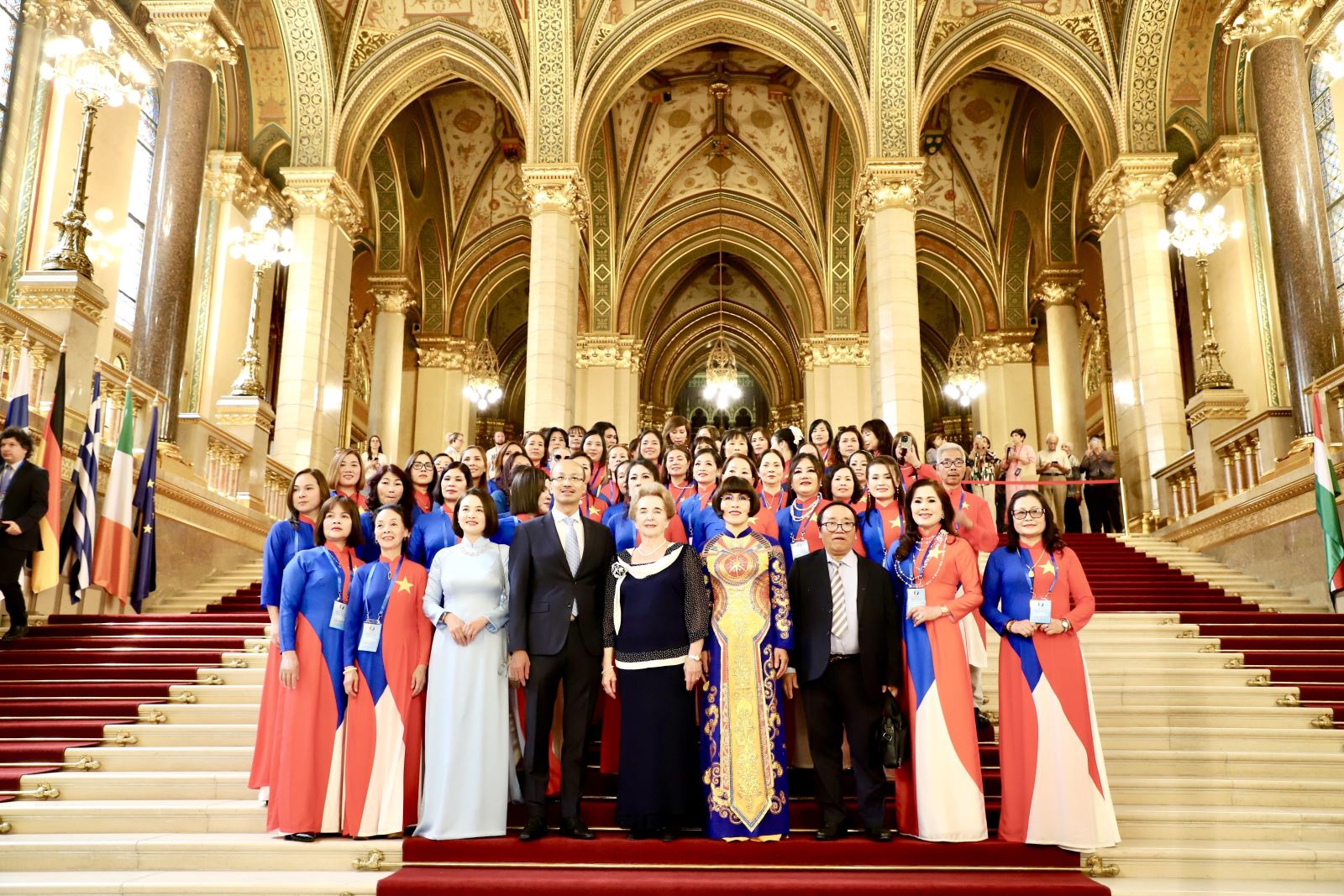
Tiến sĩ Phan Bích Thiện đề xuất văn kiện nhấn mạnh hơn các định hướng chiến lược sau: Phát huy vai trò cộng đồng người Việt Nam ở nước ngoài như một nguồn lực chiến lược toàn cầu; Coi tri thức và mạng lưới Việt Nam toàn cầu là động lực quan trọng để nâng tầm vị thế quốc gia; Xây dựng hệ sinh thái kết nối kiều bào trong các ngành chiến lược: khoa học - công nghệ, đổi mới sáng tạo, chuyển đổi số, môi trường, y tế, giáo dục, quốc phòng - an ninh phi truyền thống; Nâng cao hiệu quả bảo hộ công dân, hỗ trợ hòa nhập xã hội và giữ gìn bản sắc Việt Nam cho thế hệ trẻ sinh ra, lớn lên ở nước ngoài. Cần đổi mới phương thức vận động kiều bào, không chỉ hướng về quê hương, đất nước mà theo hướng đồng hành và tạo giá trị chung, là những người đồng kiến tạo tương lai Việt Nam.
Là một trí thức, kiều bào có thời gian sinh sống và làm việc tại Trung Quốc gần 20 năm, Tiến sĩ Phạm Thị Thanh Loan, Tổng Giám đốc Công ty TNHH Du Lịch và Thương mại Dịch vụ Việt - Việt Quảng Đông cũng kỳ vọng vào một sự kết nối chặt chẽ và bền vững hơn giữa cộng đồng kiều bào với đất nước. Theo bà, việc kiều bào được tham gia một cách thực chất hơn không chỉ vào các dự án kinh tế mà còn vào các diễn đàn đóng góp ý kiến xây dựng chính sách, các chương trình phát triển giáo dục, văn hóa và xã hội sẽ góp phần lan tỏa tinh thần đồng hành cùng Tổ quốc. Sự phát triển của Việt Nam trong kỷ nguyên mới, với vị thế ngày càng cao trên trường quốc tế, là niềm tự hào và là động lực để mỗi kiều bào trở thành một đại sứ, quảng bá hình ảnh một Việt Nam năng động, sáng tạo và tràn đầy khát vọng./.
Nguồn: https://dangcongsan.org.vn/xay-dung-dang/khat-vong-vuon-minh-duoi-la-co-ve-vang-cua-dang.html





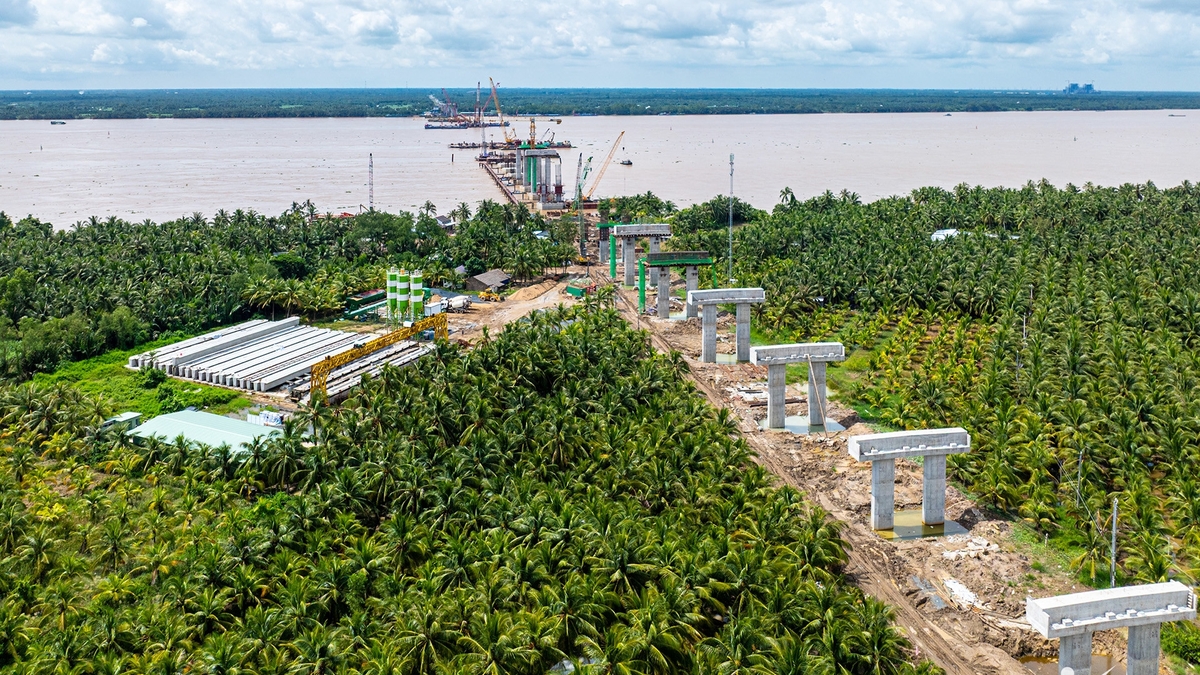

![[Photo] Prime Minister Pham Minh Chinh meets with representatives of outstanding teachers](https://vphoto.vietnam.vn/thumb/1200x675/vietnam/resource/IMAGE/2025/11/15/1763215934276_dsc-0578-jpg.webp)



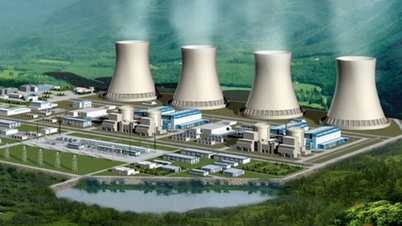

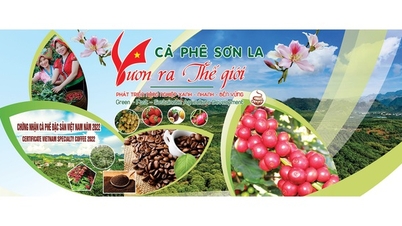
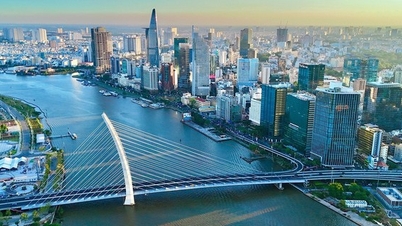




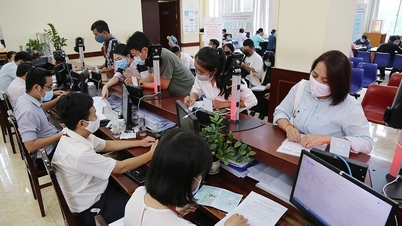
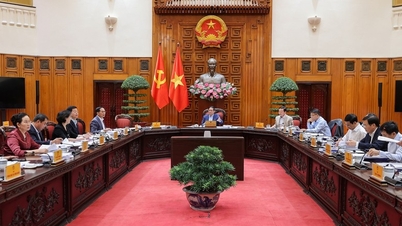
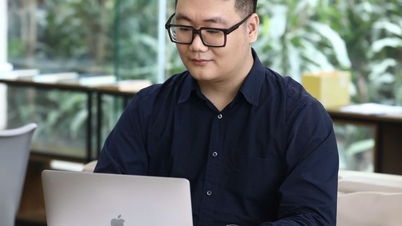
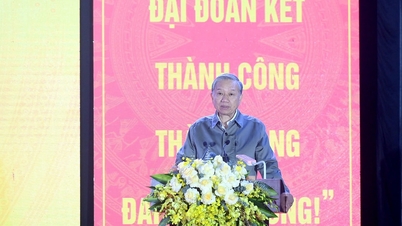
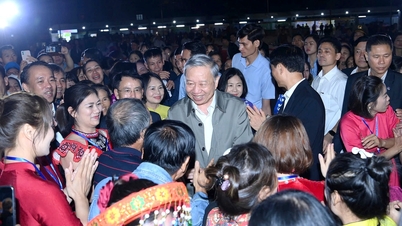
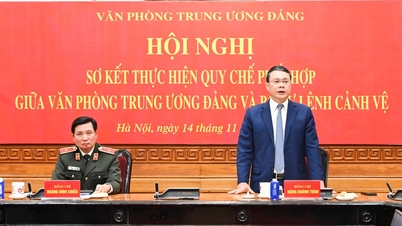







































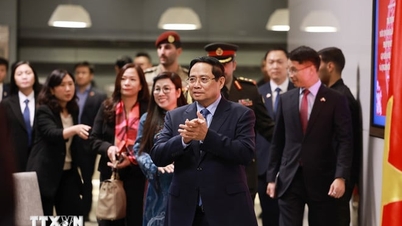



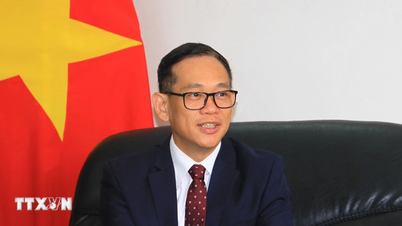


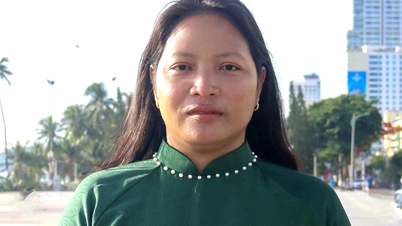


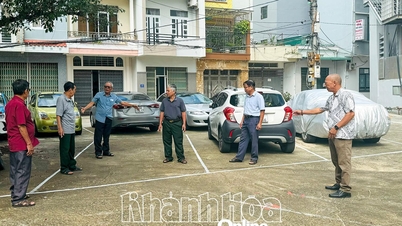



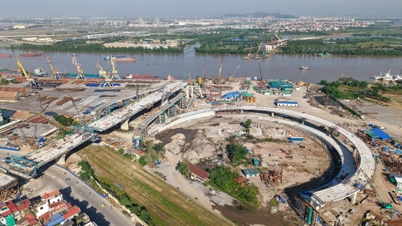









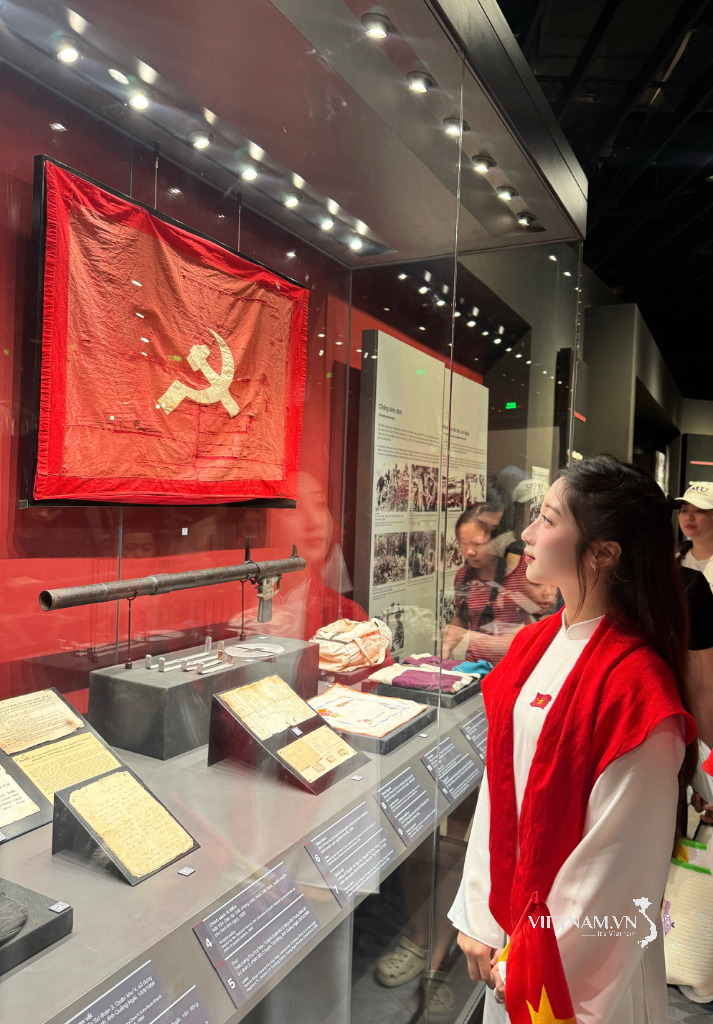



Comment (0)